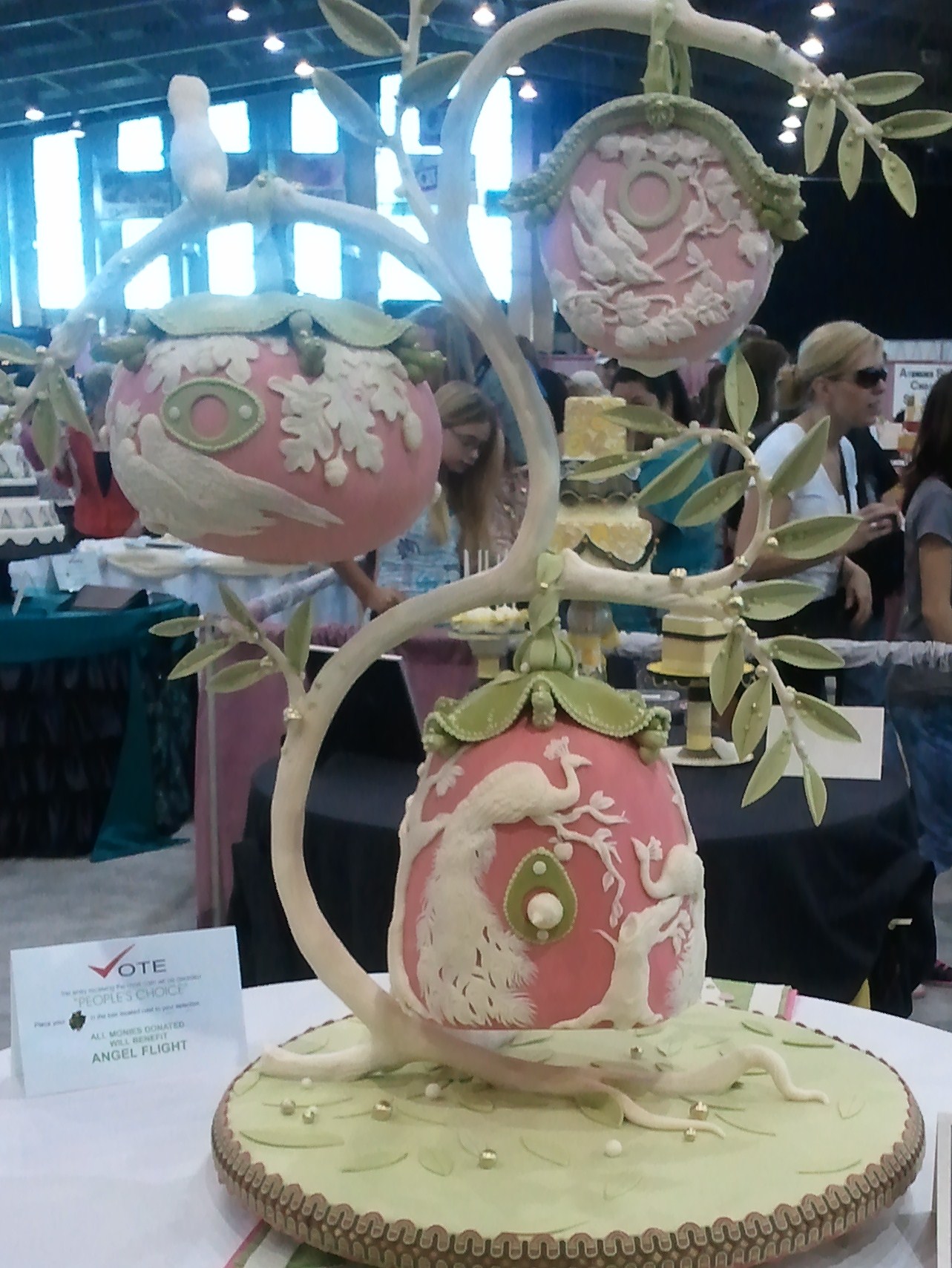 I’m an expat brat — raised from the age of 8 overseas. Spending those years when experts say you ‘attach’ to a place somewhere else. Then somewhere after that, and somewhere after that, and somewhere else after that. I can count more than 20 moves that I remember; I’m pretty sure there are more than that.
I’m an expat brat — raised from the age of 8 overseas. Spending those years when experts say you ‘attach’ to a place somewhere else. Then somewhere after that, and somewhere after that, and somewhere else after that. I can count more than 20 moves that I remember; I’m pretty sure there are more than that.
Many were only from one school district to another, not much by adult standards. Although always difficult for kids, to leave the familiar for the unknown. And some were to places that had two or more names on the maps: Indochine, Việt Nam. Siam, Thailand. Saudi Arabia, the Rub‘ al Khali, the Empty Quarter. Each has an older name, a name that looks different — diacritical marks or another complete alphabet — as well as a Western name. And each became, for a short while, home.
So I don’t think I can ever go home. Which one place is home? My suburban home here? Our French villa there? A run-down 3rd floor walk-up somewhere else? Or a walled garden beside a house whose windows look inward…?
I’m pretty sure that’s a metaphor for something. The trouble w/ poets is that everything connects to something — everything — else… And that’s not the only  trouble with poets :).
trouble with poets :).
Poets want — need — homes. They write about this need, this hunger, this desire for roots that flourish. Mahmoud Darwish — I have learned and dismantled all the words in order to draw from them a single word: Home; Li-Young Lee — He’ll declare the birds have eaten the path home. Religions talk a lot about it, too. I don’t know if that’s connection or coincidence… I have trouble, sometimes, telling the two apart :). Kind of like religion and poetry, come to think of it…
So when various religions talk about ‘home’ as a metaphor for being with however they construct divine energy, I always wonder, again, which of mine is most like their God. I’ve come to think of those various homes as the several faces of divine energy. Animism and Confucianism are the villa in Saigon, where there were places that actually seemed to speak: tangled tree limbs and dark recesses beneath stairwells. Islam dwells in a quiet garden in Saudi Arabia, carefully tended, flowering even in  the desert heat. Christianity is the warp and woof of my grandmother’s house, where I lived as a ‘situationally homeless’ child — one who, because of economics or family dynamics, moves from relative to relative, from house to house — over the years. Hinduism is part of Việt Nam and southern Thailand: the fluid religion of my best friend, the many faces of God on the island where we spent our summers.
the desert heat. Christianity is the warp and woof of my grandmother’s house, where I lived as a ‘situationally homeless’ child — one who, because of economics or family dynamics, moves from relative to relative, from house to house — over the years. Hinduism is part of Việt Nam and southern Thailand: the fluid religion of my best friend, the many faces of God on the island where we spent our summers.
That’s another problem w/ poets: everything is a text. Everything is a metaphor to be read as a text. It’s all connected. Which makes it messy. And Buddhist :). Because if places are the faces of faiths, the heart is its home. And mine has, since a young age, leapt in recognition of the curiousity, the laughing intelligence so evident in Buddhism. But even more, I recognised the web — the idea that there is no real causation, no real boundaries between self & other. No real line between what is me (my hand? what if you cut it off? am I no longer me?) and what is not…
This is why I usually tell people my religion is poetry. It’s just easier than saying ~ well, I’m probably a Unitarian Universalist Buddhist. 🙂 Because, as a writer in the latest UUBF journal notes, “Let us remember the whole way: open heart, critical mind, and a hand reaching out. This is love. This is compassion. This is the healing of our individual hearts. This is the healing of the world.” And it seems to me that all my homes nestle quite comfortably in that large healing space.

